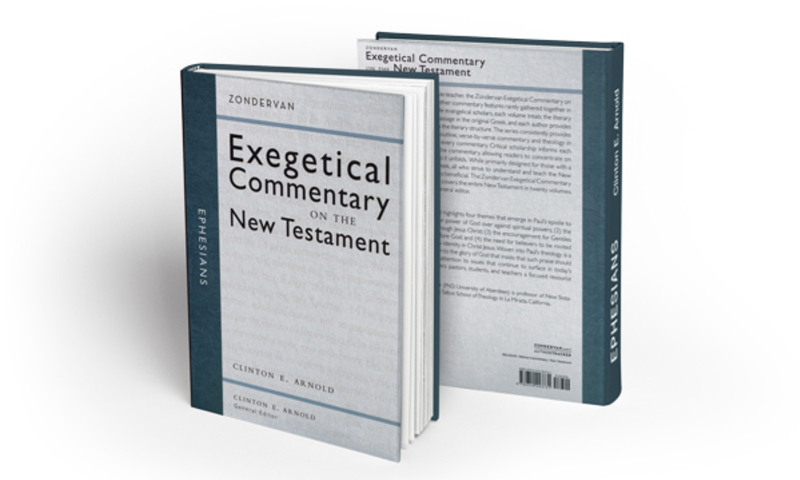Ephesians has much to say about the nature and work of the Holy Spirit, but one of the most important features of the Spirit’s work is that he represents the empowering presence of God in the lives of believers. This is a major emphasis in the two intercessory prayers of the letter. In the first prayer, Paul asks for the Spirit to reveal to them the incredible vastness of God’s power that is available to them (1:16–19). In the second prayer, he then appeals to the Father that these believers may “be strengthened with power through his Spirit” (3:16).
Part of the reason for this emphasis is the fact that the Ephesian believers are in the midst of a struggle against supernatural spirits. They face the ongoing influence of “evil spiritual beings in the heavenly places” (6:12) and the hostility of “the spirit who is now working in the sons of disobedience” (2:2). The influence of these forces is felt in a wide variety of ways. What is certain is that they are bent on opposing God’s redemptive and renewing work in every way they can.
Twice in Ephesians the Holy Spirit is referred to as the “one Spirit” (2:18; 4:4). This associates the Spirit with the one true God and distinguishes the Spirit from the multitude of spirits that many of the Ephesians formerly relied on or invoked. God’s Spirit makes exclusive claim on their lives. The Ephesians no longer have any warrant for calling on or possessing “helper spirits” (paredroi) that were well-known in their folk religious practices.
The personhood of the Spirit is an important part of Paul’s presentation of the Spirit in Ephesians. The Holy Spirit is not an invisible force or power, but a person who has feelings and can actually grieve (4:30). The Spirit is closely associated with the Father and Son throughout the letter and functions as their representative in the lives of believers. ...
Ephesians stresses that the corporate worship and praise are one way that believers are filled to a greater measure with the Spirit (5:18–20). God delights in the worship of his people and responds by heightening the work of the Spirit in the lives of the members of the believing community. In contrast to the beliefs about spirits in the surrounding pagan environment, the Holy Spirit is not manipulated through the ritual sacrifice of animals, by invoking the right magical names, or by possessing the most effective kinds of incantations or formulas.
Ultimately, the Spirit is the source of all the blessings that Christians receive from God (1:3). The Spirit is the agent who has the role of bestowing all of God’s blessings on God’s redeemed people. As the divine presence in the lives of believers, the Spirit not only mediates God’s power, but he also encourages, directs, and energizes the prayers of God’s people (6:18). He is also a revelatory presence in the hearts and minds of the believers. He takes insight and truths about God and presses them deeply into the understanding of believers so they can become convinced of their reality and order their lives accordingly. ...
Facilitating growth in holiness and purity is one of the key ways that the Spirit works in the individual and corporate experience of Christians. This is thoroughly consistent with the fact that he is the Holy Spirit (1:13; 4:30). The Spirit thus works ardently at renewing believers — that is, transforming them more and more into the image of Christ by helping them to divest themselves of sinful practices and to appropriate the virtues of the Lord Jesus Christ (4:23). Moral lapses and sinful behavior bring grief to this personal Spirit (4:30). In stark contrast to the uses of spiritual power in the surrounding culture, the Holy Spirit was not used to further the selfish aims of people. Rather, the Spirit himself is the sovereign God who has his own aims. These related to the overall mission of the church and the building up of the body of Christ. Thus, spiritual power was to be used not in support of sinful pleasure, but in selfless love.
The Spirit also works in close association with the written and spoken Word of God (6:17). In fact, the Word of God is metaphorically represented as a sword that the Spirit can wield in the believers’ fight with evil spiritual forces.
Excerpt adapted from Ephesians (Zondervan Exegetical Commentary on the New Testament), by Clinton E. Arnold.
 Biola University
Biola University

